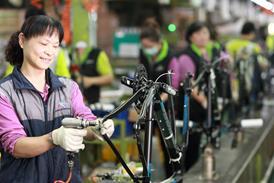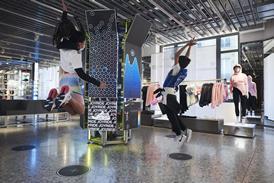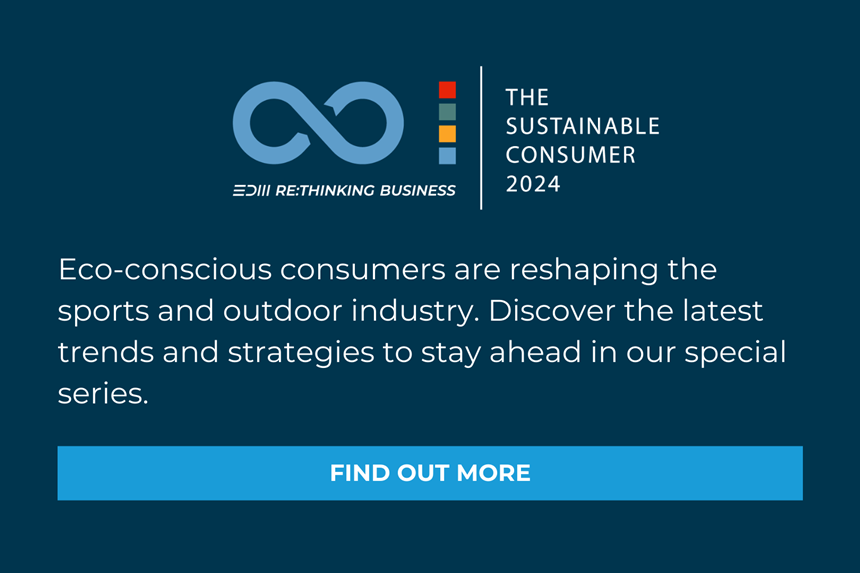In March of this year, Polartec, the manufacturer of innovative and sustainable textile solutions, hosted a digital sustainability forum under the motto “The Science of Sustainable Fabrics.” With industry experts as guest speakers and around 1,000 attendees from over 44 countries, the ingredient brand deemed the event a complete success. After an introduction by Steve Layton, president of Polartec, Charles Ross, lecturer, journalist and expert on sustainable textiles at the Royal College of Art, led discussions on aspects such as circular economy, recycled plastics, biodegradability and appropriate methods for measuring sustainability. Here is a brief summary of the main messages shared during the event (now available on-demand):
Eva Karlsson, CEO of Houdini Sportswear, explained Houdini’s approach to a circular economy and thus greater sustainability. Already, 87 percent of the brand’s products are designed to be circular. But that is not all, as Houdini’s goal is a 100 percent circular economy by 2022.
A more general look at sustainability, with special reference to biodegradability, was offered by Dr. Morton A Barlaz, head of the Department of Civil, Construction and Environmental Engineering at North Carolina State University. His message was to look at the entire process of a product, from manufacture through use to the end of the product life cycle. In this context, he said, longevity equals sustainability.
Jeff Strahan, director of research, compliance and sustainability at Milliken & Company, the company that acquired Polartec in 2019, provided information on “Life Cycle Analysis,” which he believes is becoming increasingly widespread. This scientific approach of facts and data on various fibers is a way of measuring sustainability and is also expected to contribute to greater sustainability in the textile industry.
Completing the panel was Bruno De Wilde, laboratory manager of Organic Waste Systems (OWS) from Belgium. Advocating a circular plastic economy, he addressed the issue of biodegradability and cleared up some misconceptions about it, such as the difference between biodegradation and disintegration.
With its EcoEngineering production and distribution platform, Polartec fits perfectly into these approaches and aspects of sustainability. EcoEngineering refers to Polartec’s ongoing innovation process and holistic systems approach that combines production methods, recycled inputs, and distribution efficiencies to reduce its environmental footprint and keep pushing the sustainability of its materials. And the approach is proving successful: among other things, Polartec has recycled over 1.7 billion PET bottles to date and recycles 95 percent of the industrial waste it produces.
































